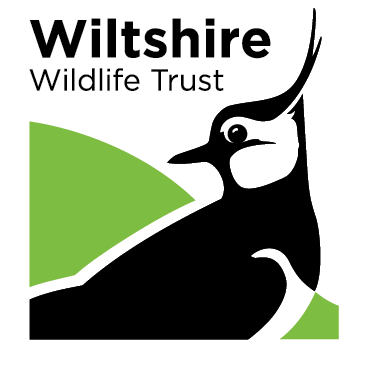Wiltshire Wildlife Trust has been awarded a significant grant of £249,949 from The National Lottery Heritage Fund to support vital conservation work across the county's landscape including precious and rare chalk downland landscapes. The funding, supported thanks to money raised by National Lottery players, will deliver a range of activities designed to support nature’s recovery including implementing management plans to adapt to climate change on our reserves, supporting nature friendly farming at Great Chalfield and creating habitats to support species recovery.
The grant will directly help to deliver against two key targets from the Trust's 2030 Strategy: achieving 30% of Wiltshire's land and freshwater in positive management for nature and increasing species abundance and diversity for critical indicator species. Conservation activities will include invasive species control, pond restoration, plant restocking. The Trust will capture ecological baselines for four critical species groups bats, birds, amphibians and reptiles across Wiltshire. This data captured will inform the management plans designed to benefit both species abundance and diversity across the Trust's nature reserves. Habitat enhancements will specifically target key Wiltshire species including fritillary butterflies, farmland birds such as yellowhammer, turtle dove, lapwing and curlew, and important landscape indicator species including bats, dormice, otters and water voles. This will blend the use of both traditional techniques like horse logging and more modern technologies like audio surveying to inform wildlife surveys.
The grant will support the work at Great Chalfield, a partnership between the National Trust and Wiltshire Wildlife Trust, which will see the farmland transformed as an example of nature-friendly farming. This working farm will demonstrate how nature recovery can be delivered alongside profitable farming models, with the potential to influence farming practices across the county and beyond.
The grant will also fund four specialist traineeships, specifically designed to tackle critical skills gaps in both conservation and farming. Trainees will gain a unique blend of expertise, learning how to integrate ecological and agronomic insights Their training will cover a wide range of cutting-edge techniques, from traditional heritage conservation methods like coppicing and hand scything to modern technologies such as static audio detectors and robot mowing systems. They'll master advanced survey techniques and data interpretation, preparing them for a vital role in the future of these sectors. The Trust hopes that these placements will actively promote diversity and inclusion within our workforce.
